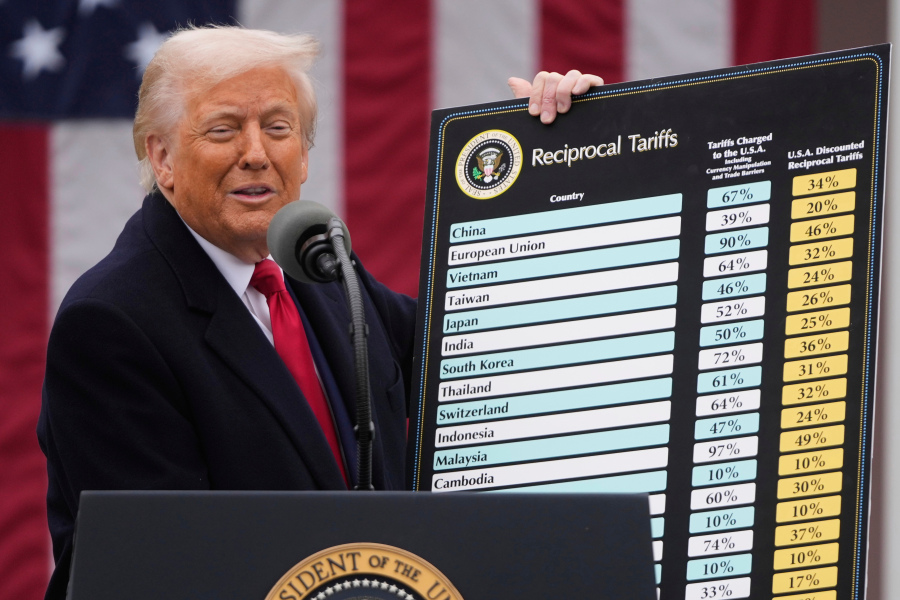President Donald Trump’s reliance on tariffs, or the threat of them, could soon face a legal reckoning. As the Supreme Court hears arguments this week, the justices will decide whether the president has pushed his tariff authority beyond what federal law allows, and the decision could have wide-ranging implications for his foreign policy.
Tariffs are Trump’s favorite foreign policy tool. The Supreme Court could change how he uses them.

Key Takeaways:
- Tariffs are a central instrument of President Trump’s foreign policy.
- The Supreme Court is examining whether the president exceeded his legal authority with many tariffs.
- A ruling against Trump might limit or eliminate his signature trade tool.
- The sudden change could reshape U.S. trade negotiations.
- This case underscores the balance between executive power and judicial oversight.
The Rise of Tariffs in Trump’s Foreign Policy
President Donald Trump sees tariffs, or at least the threat of them, as a powerful tool to bend nations to his will. From steel imports to high-tech components, he has frequently leveraged the economic pressure of tariffs to attempt favorable outcomes in trade disputes.
The Supreme Court Steps In
This week, the United States Supreme Court hears arguments on whether the Republican president overstepped federal law when imposing many of his tariffs. Legal experts and political observers alike are watching closely. If the justices determine the president’s use of tariffs goes beyond legal bounds, it could radically change how quickly he can implement or even threaten them.
Potential Impact on Presidential Powers
A ruling against Trump stands to limit or even take away the “swift and blunt leverage” that has characterized much of his foreign policy. Without the ability to impose immediate tariffs on goods from various countries, the president might find himself turning to more conventional, and potentially slower, diplomatic methods.
What Lies Ahead?
As the justices deliberate, questions arise about the future of U.S. trade policy. If the Supreme Court constrains Trump’s authority to impose tariffs, it would send a clear message on the scope of presidential power. Regardless of the outcome, the appeal signals that the balance between executive power and the checks of the judicial system remains a defining theme in American governance.











